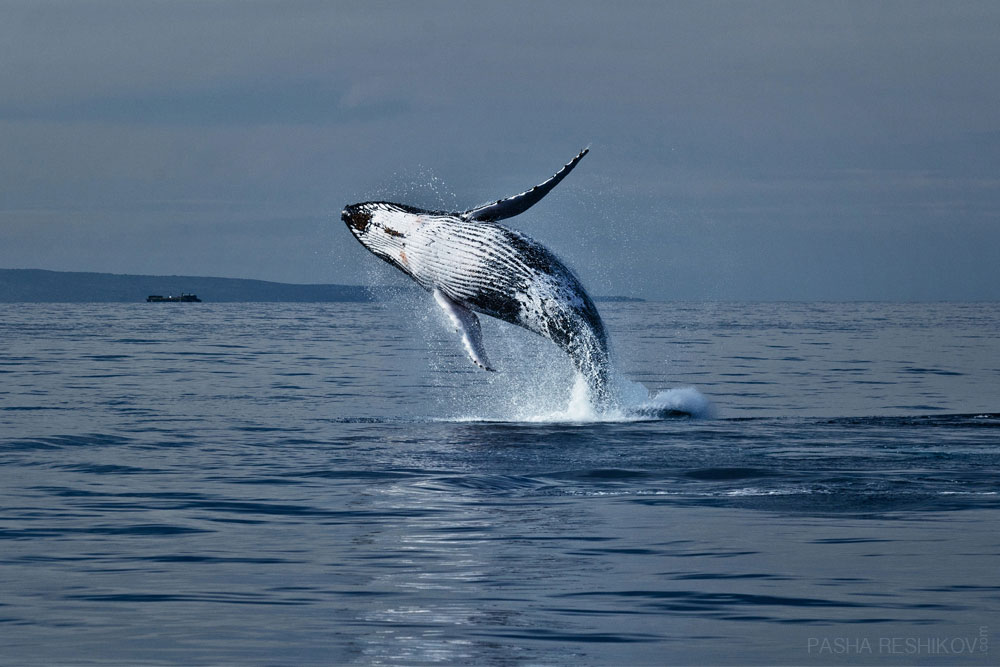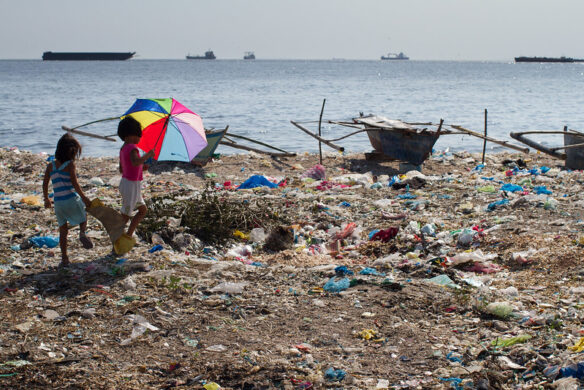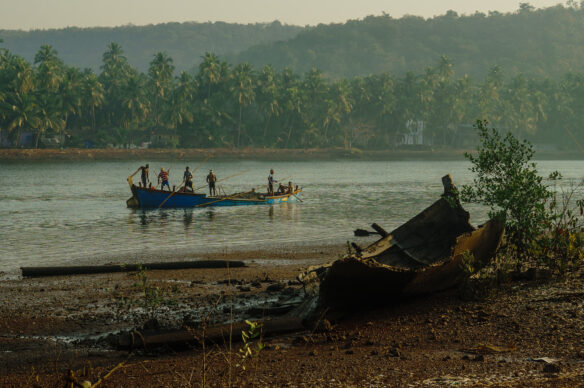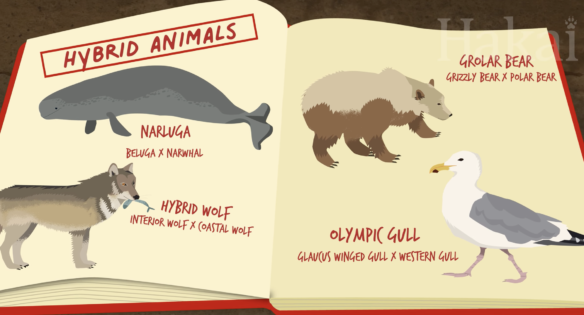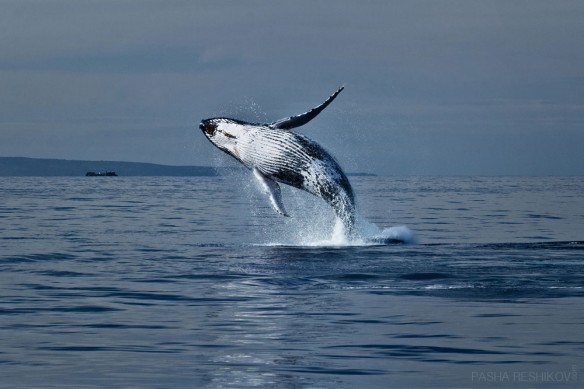
“©Freedom Breach” is an image courtesy of © Pasha Reshikov.
Excerpts;
Deep-diving whales and other marine mammals can get the bends—the same painful and potentially life-threatening decompression sickness that strikes scuba divers who surface too quickly. A new study offers a hypothesis of how marine mammals generally avoid getting the bends and how they can succumb under stressful conditions.
Scientists once thought that diving marine mammals were immune from decompression sickness, but a 2002 stranding event linked to navy sonar exercises revealed that 14 whales that died after beaching off the Canary Islands had gas bubbles in their tissues—a sign of the bends…
Read Full Article, WHOI (04-18-2018)
Marine noise pollution stresses and confuses fish; Science Daily (08-10-2017)
Increased noise pollution in the oceans is confusing fish and compromising their ability to recognise and avoid predators…
Motor-boat noise changed the behavior of fish parents; Science Daily (06-06-2017)
The sound of motorboat engines disturbed coral reef fish so acutely it changed the behavior of parents, and stopped male fish properly guarding their young, feeding and interacting with their offspring, new research has found…
Whales turn tail at ocean mining noise; Science Daily (08-17-2017)
A new international study has measured the effect of loud sounds on migrating humpback whales as concern grows as oceans become noisier. Scientists have said one of the main sources of ocean noise was oil and gas exploration, due to geologists firing off loud acoustic air guns to probe the structure of the ocean floor in search of fossil fuels…
World Must Tackle the Biggest Killer of Whales – and it’s not Whaling; IPS News (10-24-2016)
Sonic Sea, Film Documentary; NRDC May 19th, 2016
Oceans are a sonic symphony. Sound is essential to the survival and prosperity of marine life. But man-made ocean noise is threatening this fragile world. “Sonic Sea” is about protecting life in our waters from the destructive effects of oceanic noise pollution…
Ship noise in coastal habitats could interfere with orca’s communication, Science Daily (02-03-2016)
A Rising Tide of Noise Is Now Easy to See, The New York Times (12-15-2012)
Accoustic Pollution and Marine Mammals, Nature
In the Canary Islands, 14 beaked whales washed ashore bleeding from the ears. All eventually died. A post-mortem examination revealed that the whales showed signs of decompression sickness (what scuba divers call “the bends”). Decompression sickness can occur when a mammal swims to the ocean’s surface too quickly, and the change in pressure produces lethal nitrogen gas bubbles that clog its blood vessels. Evidence of acute decompression sickness indicates unusual behavior. Over the past 40 years, cumulative research across the globe has revealed a coincidence between naval sonar testing events and acute decompression sickness in beached marine mammals…
A Silent Victory For Marine Mammals, On Earth Magazine (04-03-2015)
A federal judge stands up to the noisy navy for the sake of marine mammals…
“FREIGHTENED – The Real Price of Shipping,” a movie by multi award-winning filmmaker Denis Delestrac-©-2016; (03-31-2016)
90% of the goods we consume in the West are manufactured in far-off lands and brought to us by ship. The cargo shipping industry is a key player in world economy and forms the basis of our very model of modern civilisation; without it, it would be impossible to fulfil the ever-increasing demands of our societies. Yet the functioning and regulations of this business remain largely obscure to many, and its hidden costs affect us all. Due to their size, freight ships no longer fit in traditional city harbours; they have moved out of the public’s eye, behind barriers and check points…

